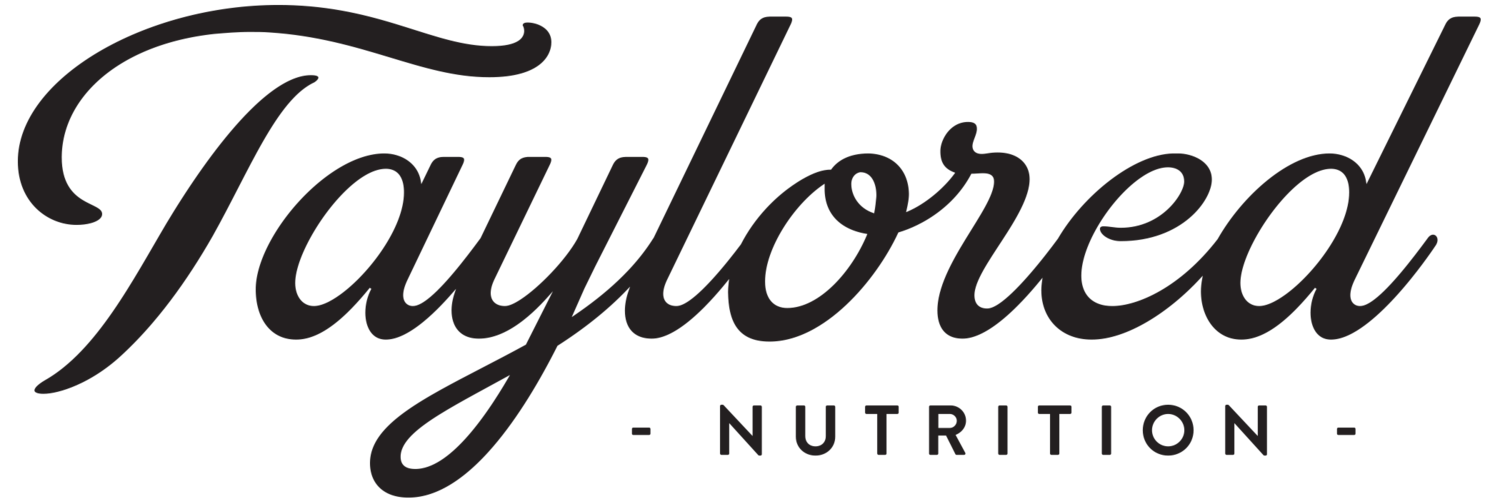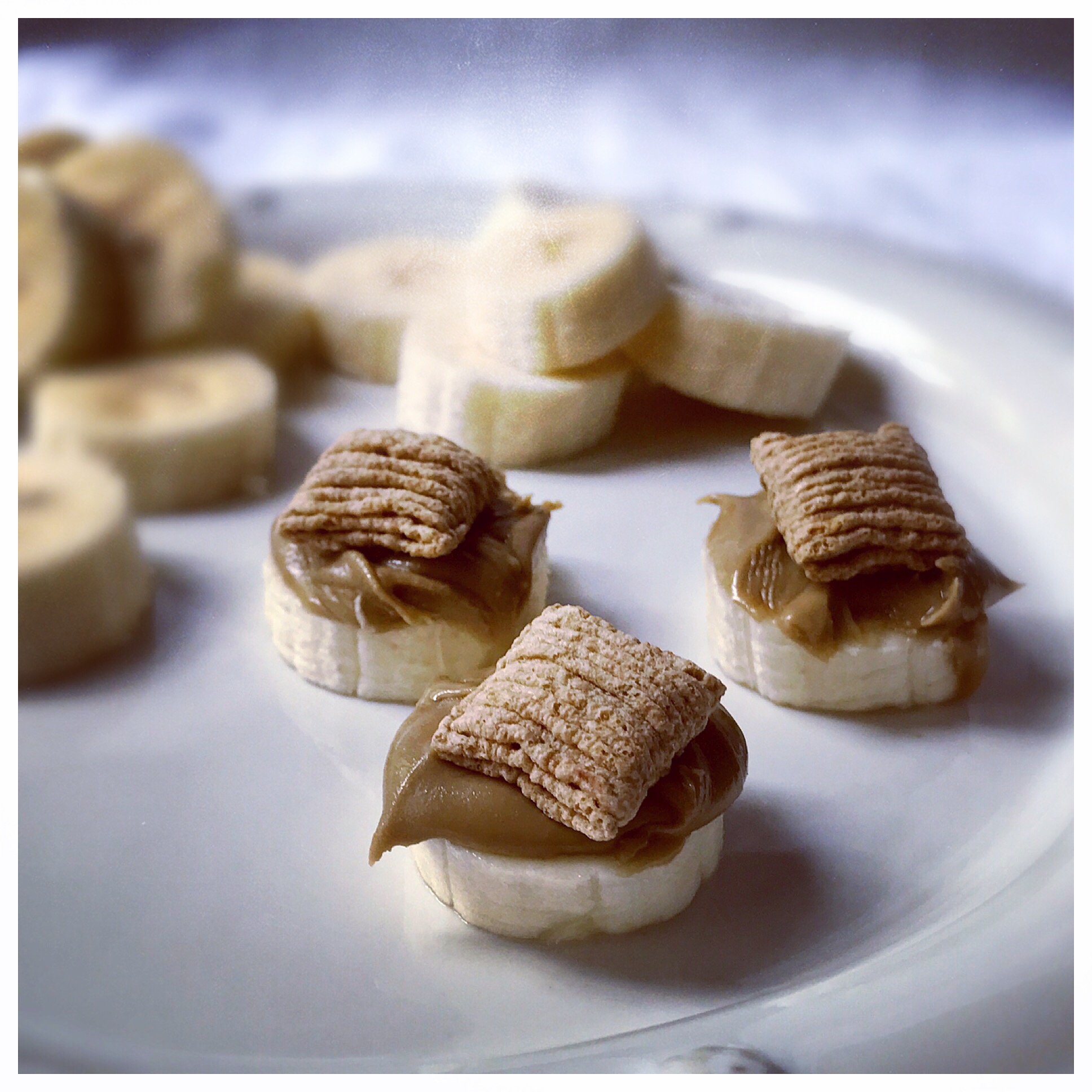One of the most common questions I get from parents and athletes is how to eat around early morning before-school practices and those tricky 6PM and 7PM games and practices. What should you eat before that won’t interfere with the athlete’s event? Should they eat something before? What about after? What do you do about these games and practices that are smack in the middle of meal time?
My answer to this question, whether it is breakfast or dinner is to divide the meal into Meal 1 and Meal 2 and include the more easily digested items in Meal 1 (think quality carbohydrates) and those less-easily digested items in Meal 2 (think more protein, fiber and healthy fats). In this post I’m going to try to simplify and break it down for you to get a better picture of what this would look like and why….
Meal #1 (the pre-event meal)
The focus of this Meal #1 is to provide energy to the athlete. To make sure energy stores are full and ready for play and practice. If an athlete heads out to practice with an empty tank or depleted energy stores (from running around at school all day and not having eaten since school lunch) they will not be able to play or practice at their best and could even run a higher risk of injury.
This meal should consist of quality carbohydrates because these are more easily digested in the body, which means they can act as a quicker source of energy that will not lead to digestive problems mid-event.
Examples of these quality carbohydrate meal components might be: pasta, rice, fruit, baked potatoes or sweet potatoes, whole or half of a PB&J or turkey sandwich, chicken noodle soup, crackers with some hummus or peanut butter (careful with too much of peanut butter or hummus because they do contain fat and, if eaten too close to events, could cause stomach problems during the event), dry cereal, waffle(s), slice or two of toast with jam, simple granola bar.
Meal #2 (the post-event meal)
The focus of Meal #2 is to replenish used up energy stores, to provide protein and other nutrients to the muscles so that they can repair and rebuild, to provide some healthy fats which can aid in recovery and decreased inflammation, and to overall satisfy and fill up the athlete.
This meal is especially important if the athlete has another game or practice the following morning or later that day.
Examples of these meal components might be:
Protein: chicken, turkey, lean ground beef, fish, beans, nuts, seeds, tofu, milk, yogurt, cheese
Healthy fats: salmon, tuna, avocado, flaxseed, chia seeds, nuts and seeds, nut and seed butters, olive oil (can be in salad dressings, etc.), tahini
Quality Carbohydrate: use the examples listed for Meal #1 ideas
A SPECIAL NOTE ABOUT EARLY MORNING PRACTICE NUTRITION
Sometimes the athlete really cannot eat in the mornings before an early morning before-school practice (I see this a lot with runners, sometimes gymnasts, and I struggled with it as a figure skater growing up). In these cases it could be good to try:
Have a liquid form of nutrition or something very basic for breakfast. Examples include: fruit juice, fresh or dried fruit, a shake, a little bit of a sports drink.
If an early morning bite or drink is absolutely not doable, move over to focusing on dinner the night before. If dinner was early, incorporate a before-bed snack like a bowl of cereal, yogurt, granola bar with some peanut butter, something that can carry over so that the athlete’s fuel tank is not completely depleted when they wake up in the morning and head to practice.
In these cases, make sure the athlete is getting something substantial as his or her post-event Breakfast #2. This could look like anything from a Greek yogurt with granola and a banana, to a granola bar, a milk carton and grapes, to 2 hard boiled eggs + fruit, to a peanut butter and jelly sandwich with a carton of milk.
Those odd-hour events can be tricky, but with a plan and simple meal or food ideas, keeping your young athlete fueled can be done! As I sign off, I’m leaving you with one last list of ideas to take with you this month.
Happy Fueling!
Taylor
Early Morning Practice Meal Ideas for the Young Athlete
BREAKFAST 1
Glass of juice
Medium banana or other fruit
Dry cereal (ex: Cheerios, Quaker Oatmeal Squares, Chex, etc.)
Dried fruit
Fruit smoothie (made with fruit and water or some juice)
Breakfast shake like Carnation Instant Breakfast (tolerance may depend on athlete and on sport being played)
Slice(s) of toast with jam or honey
Simple granola bar (ex: Quaker chewy or soft Nutrigrain) or fig bar (low in fiber & protein)
Low-fat yogurt
BREAKFAST 2
I LOVE these easy Egg Cups!
Hardboiled egg(s) + cheese stick + grapes
Peanut butter and jelly or honey sandwich
Greek yogurt + granola + sliced strawberries
Pre-made egg sandwich (egg(s) on a whole wheat English muffin with cheese) + fruit
Chocolate milk + whole grain granola bar
Turkey & cheese sandwich on whole wheat bread (remember that Breakfast doesn’t have to mean only breakfast foods!)
Peanut butter crackers + glass of white or chocolate milk
To-go oatmeal cup (just add milk or water) + banana
Cottage cheese + fresh fruit + whole grain crackers
Pre-baked egg cups + fruit or a granola bar or whole grain crackers
Evening Event Meal Ideas for the Young Athlete
DINNER 1
Baked white or baked sweet potato
Pasta with marinara sauce
Turkey sandwich
Pasta salad
Bowl of cereal (just like breakfast doesn’t have to mean “breakfast food”, dinner doesn’t always have to mean “dinner food”!)
Mini pizzas (on flatbread or English muffins with marinara, a sprinkle of cheese and any veggie toppings your athlete would like)
DINNER 2
I’m such of fan of this simple mayo-free chicken salad!
And these hearty flavor-packed 7-ingredient tuna burgers!
Baked chicken + veggies + whole grain roll
Grilled salmon + salad + glass of milk
Spaghetti with meatballs
Tuna or chicken salad
Omelet with veggies and cheese + slice of whole wheat bread
Glass of milk / chocolate milk
Greek yogurt with fruit
Avocado toast topped with a scrambled egg(s)
Chicken sandwich + veggies
Lean ground hamburger + veggies
Tuna Burgers - just the patty or with the bun - whatever your athlete needs!





